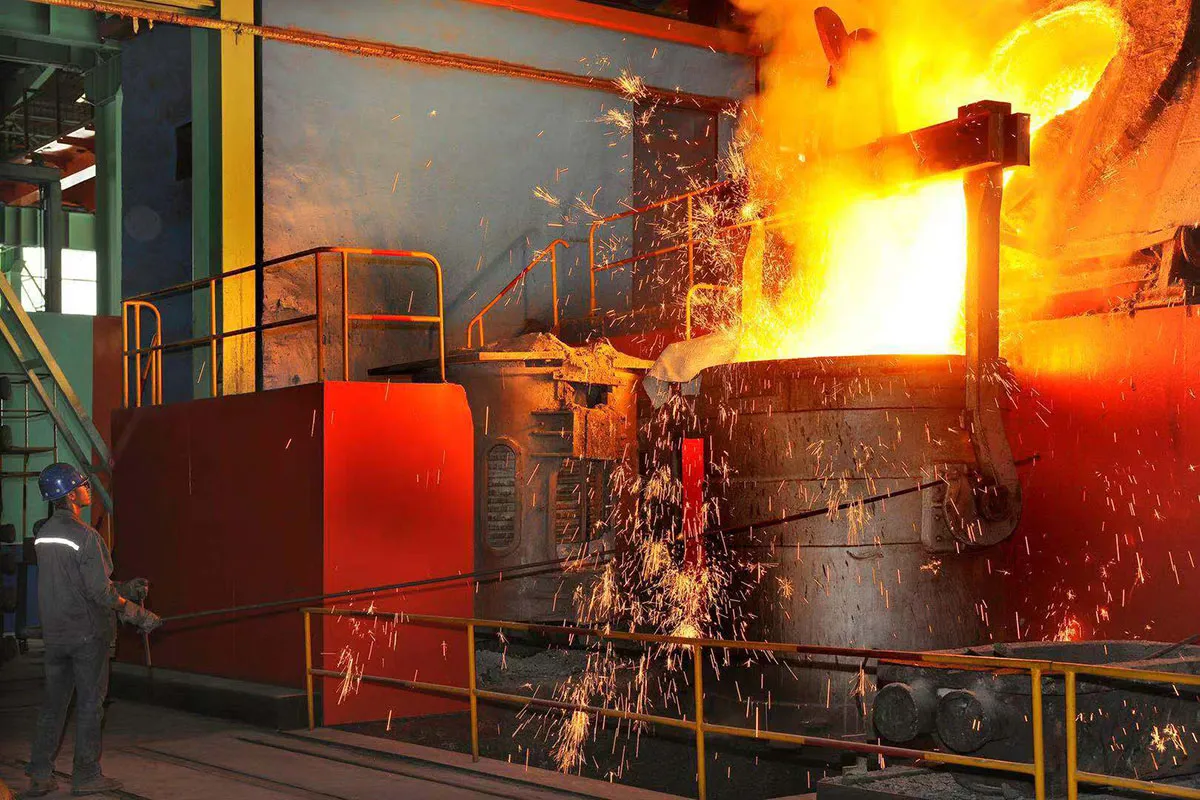Different Machining Types for Manufacturing
Machining is a crucial process in the manufacturing industry, offering precision and efficiency in producing complex parts and components. Understanding the various machining types available can help businesses make informed decisions about the best approach for their projects. The right choice of machining types depends on several factors, including the material, complexity of the design, volume of production, and required precision.

The most common machining types include turning, milling, drilling, and grinding. Turning is a process used to shape cylindrical parts by rotating them against a cutting tool, making it ideal for parts like shafts and rods. Milling involves rotating a cutting tool to remove material from a workpiece, often used for producing parts with intricate shapes. Drilling creates round holes in a workpiece, while grinding is used to achieve high-precision finishes on metal components.
Each of these machining types offers unique advantages for specific applications. For instance, turning is often used for high-precision parts with circular symmetry, while milling is ideal for creating complex geometries. Understanding the specific needs of your project and selecting the appropriate machining types ensures that the components are produced with the desired accuracy and efficiency.
Finding the Right Machining Manufacturers for Your Projects
Choosing the right machining manufacturers is critical to the success of your manufacturing project. These manufacturers have the expertise, tools, and experience to produce high-quality parts and components that meet your exact specifications. When searching for reliable machining manufacturers, there are several factors to consider, such as the manufacturer's capabilities, experience with the specific material or part type, and reputation in the industry.
Experienced machining manufacturers are well-versed in a wide range of machining processes and can recommend the best approach based on the needs of your project. Whether you need components produced through turning, milling, or grinding, working with a reputable manufacturer ensures that the parts meet your quality standards and are produced efficiently.
In addition to technical expertise, a reliable machining manufacturer should offer quick turnaround times, transparent pricing, and high-quality control standards. This partnership will not only ensure that your parts are produced to the highest standards but also help you optimize your manufacturing process, reducing lead times and minimizing errors.
Understanding Machining Price Factors and How to Optimize Costs
One of the most important considerations for any manufacturing project is the machining price, which can vary widely depending on the type of machining, the complexity of the part, and the materials used. Understanding the factors that influence machining price will help you manage your budget and make informed decisions about the best manufacturing solutions for your business.
The machining price is primarily affected by the complexity of the design, the number of parts required, and the specific materials used. For example, parts that require intricate features or tight tolerances may cost more to machine due to the time and precision involved. Additionally, the type of material being machined can affect the price, as some metals and alloys are more difficult to cut, grind, or drill than others. Materials like titanium or hardened steel, for instance, often require specialized tools and processes, which can increase the overall machining price.
To optimize machining price, businesses can work closely with manufacturers to simplify designs where possible, reduce the number of operations, or select more cost-effective materials. By optimizing designs for ease of machining and selecting the appropriate manufacturing processes, businesses can lower costs while maintaining the quality and functionality of their components.
The Importance of High-Quality Machining Components in Manufacturing
Machining components are at the heart of many industries, from automotive and aerospace to electronics and medical devices. The precision and durability of these components are critical to ensuring the performance and longevity of the final product. Investing in high-quality machining components not only ensures better functionality but also reduces the risk of defects, failures, and costly rework.
Machining components can be made from a wide range of materials, including metals, plastics, and composites. Depending on the application, these components must be manufactured to exact specifications, with tight tolerances and precise finishes. This requires the use of advanced machinery, skilled operators, and rigorous quality control processes to ensure that every part meets the required standards.
Working with experienced manufacturers who specialize in machining components ensures that these parts are produced with the highest level of accuracy and consistency. Whether it's a simple bracket or a complex aerospace component, high-quality machining components are essential for the overall success of the product, guaranteeing reliable performance and durability throughout its lifecycle.
Maximizing Efficiency in Machining: A Balanced Approach
To maximize efficiency in the machining process, it’s important to focus on both cost-effectiveness and precision. By selecting the right machining types and collaborating with experienced machining manufacturers, businesses can optimize their production processes, reducing waste and minimizing errors. Whether you're looking for high-precision machining components or aiming to keep machining prices competitive, an optimized approach is key.
Efficient machining requires a careful balance between speed, precision, and cost. Investing in high-quality machines and tools, working with skilled technicians, and selecting the most suitable machining types for the task can all contribute to higher production efficiency. Additionally, manufacturers that offer integrated services, including design consultation and post-machining finishing, can help streamline the production process further.
The key to maximizing efficiency in machining is building long-term relationships with trusted machining manufacturers who understand your needs and can deliver high-quality parts consistently. By focusing on both the technical and economic aspects of machining, businesses can ensure they get the most value out of their manufacturing processes while maintaining top-notch quality for their products.
-
Exploring the Benefits of Die CastingNewsApr.29,2025
-
Different Machining TypesNewsApr.29,2025
-
Choosing the right foundry sand: the key to improving metal casting qualityNewsApr.29,2025
-
Casting Company for Your Manufacturing NeedsNewsApr.29,2025
-
Best Investment Casting CompanyNewsApr.29,2025
-
Advantages of Wholesale Stamping PartsNewsApr.29,2025















